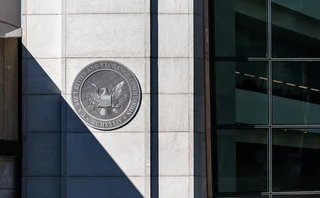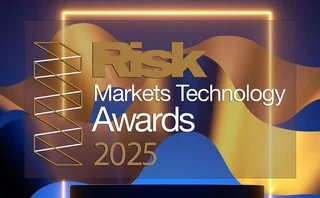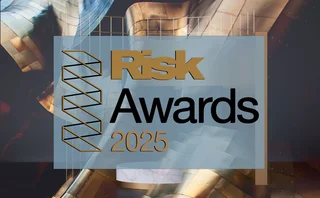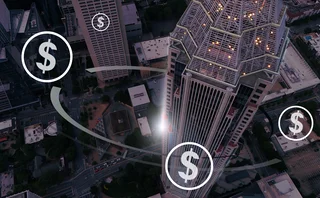
Who dares wins
The impact that the loss of customer data can have on a firm is staggering. Here in the UK, the loss of millions of government records - on a CD sent in the post, apparently - has awakened this country to the seriousness of such events. Indeed, it is one of several recent events that have helped wiped the shine off of prime minister Gordon Brown's early months in office and led to stunningly low poll ratings for government competency.

The US has been clued on to this potential risk for some time - in January 2007 the TJ Maxx chain of stores announced the loss of millions of customer records as a result of hacking over a period of almost three years. Even before that, ID theft and fraud have been hot topics in that country. As much as four years ago, friends of mine - a physician and her computer-savvy husband - had post snatched out of their letterbox and discovered only by chance they'd had vast loans and other commitments taken out in their names.
In Europe, this kind of theft has received less press, and it was not until the government's confession of CDs gone missing that the issue really gained momentum. Now everyone seems to be announcing that they've had data go missing, under the protective cover of the government's screw-up.
It's frustrating for me that so many UK financial institutions have announced data losses as part of this new confessional mood, including several building societies. Half the point of op risk is that firms should be looking at the kinds of losses other firms are experiencing and applying the lessons learned to their own organisations. Operational risk, done correctly, should be focused on prevention.
The problem of course is human nature - executives look at what happens at other firms and then convince themselves it couldn't happen in their own back garden - because they have better executives, better systems, better risk management and so on.
Complacency is hard to fight. No-one wants to be 'the boy who cries wolf', and often no-one wants to be the messenger bearing bad news - too often they are still shot. Therefore, speculating on what could go wrong seems political madness for many executives.
But for operational risk to move forward as a discipline, this basic human fear of failure needs to be countered with cultural change. Executives must dare to think creatively about disaster.
Ellen Davis
Only users who have a paid subscription or are part of a corporate subscription are able to print or copy content.
To access these options, along with all other subscription benefits, please contact info@risk.net or view our subscription options here: http://subscriptions.risk.net/subscribe
You are currently unable to print this content. Please contact info@risk.net to find out more.
You are currently unable to copy this content. Please contact info@risk.net to find out more.
Copyright Infopro Digital Limited. All rights reserved.
As outlined in our terms and conditions, https://www.infopro-digital.com/terms-and-conditions/subscriptions/ (point 2.4), printing is limited to a single copy.
If you would like to purchase additional rights please email info@risk.net
Copyright Infopro Digital Limited. All rights reserved.
You may share this content using our article tools. As outlined in our terms and conditions, https://www.infopro-digital.com/terms-and-conditions/subscriptions/ (clause 2.4), an Authorised User may only make one copy of the materials for their own personal use. You must also comply with the restrictions in clause 2.5.
If you would like to purchase additional rights please email info@risk.net
More on Risk management
Too ’Berg to fail? What October’s Instant Bloomberg outage means for the industry
The ubiquitous communications platform is vital for traders around the globe, especially in fixed income and exotic derivatives. When it fails, the disruption can be great
SEC leadership change puts Treasuries mandate under scrutiny
FICC clearing models approved, but critics think delay could revive prospects of done-away trading
Markets Technology Awards 2025: Untangling the knots
Vendors jockeying for position in this year’s MTAs, as banks and regulators take aim at counterparty blind spots
Risk Awards 2025: The winners
UBS claims top derivatives prize, lifetime award for Don Wilson, JP Morgan wins rates and credit
An AI-first approach to model risk management
Firms must define their AI risk appetite before trying to manage or model it, says Christophe Rougeaux
BofA sets its sights on US synthetic risk transfer market
New trading initiative has already notched at least three transactions
Op risk data: At Trafigura, a $1 billion miss in Mongolia
Also: Insurance cartels, Santander settlement and TSB’s “woeful” customer treatment. Data by ORX News
Cyber risk can be modelled like credit risk, says Richmond Fed
US supervisors may begin to use historical datasets to assess risk at banks and system-wide







